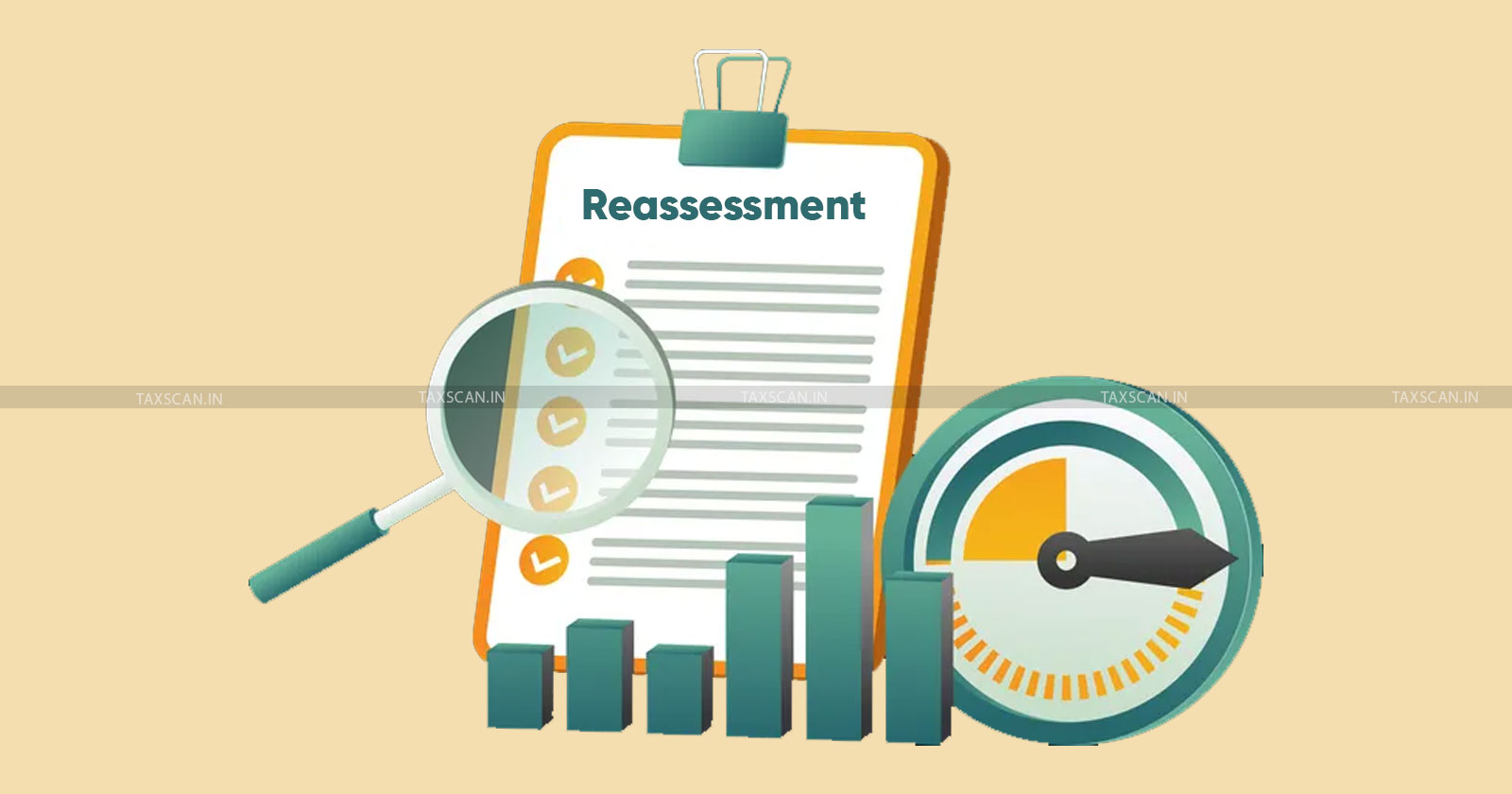ITAT Upholds CIT(A)’s Deletion of Rs. 318.40 Lakh Disallowance u/s 40A(3) for Land Cash Payment as Business Expediency [Read Order]
The ITAT noted that the initial advance was paid through a bank, the cash payment was necessary to protect the advance, and the transaction’s genuineness and the seller’s identity could not be questioned.
![ITAT Upholds CIT(A)’s Deletion of Rs. 318.40 Lakh Disallowance u/s 40A(3) for Land Cash Payment as Business Expediency [Read Order] ITAT Upholds CIT(A)’s Deletion of Rs. 318.40 Lakh Disallowance u/s 40A(3) for Land Cash Payment as Business Expediency [Read Order]](https://images.taxscan.in/h-upload/2025/10/03/2093467-agricultural-land-money.webp)
The Chandigarh Bench of Income Tax Appellate Tribunal ( ITAT )upheld the Commissioner of Income Tax (Appeals)[CIT(A)]’s deletion of a Rs. 318.40 lakh disallowance under section 40A(3) of Income TaxAct,1961,for a cash payment made during a land purchase as business expediency.
The Revenue-appellant, appealed against the CIT(A) order dated 12-03-2019 for the Assessment Year (AY)2015-16. In this case, Rajpura Properties,respondent-assessee, was engaged in buying and selling properties. During assessment for AY 2015-16, it was noted that the assessee purchased 6,202 sq. yards of land in Industrial Area, ITI, Rajpura.
An advance of Rs. 50 lakhs was paid through RTGS on 14-02-2011, and the balance Rs. 318.40 lakhs was paid in cash on 22-07-2014 at the time of registration. The assessee did not hold a bank account during the year. The Assessing Officer (AO) invoked Sec. 40A(3) for the cash payment and proposed disallowance.
The assessee explained that the payment was made due to a dispute between the parties. The advance had been paid years earlier, but completion of the sale was delayed due to disagreements. At registration, the seller insisted on cash as neither party trusted the other, and the respondent feared forfeiting the earlier advance.
The land, originally purchased as an investment, was later converted into stock-in-trade because of a market downturn. TDS was deducted, the transaction was genuine, and the seller’s identity was verified.
 Also Read:Time-Barred Income Tax Notice u/s 148 over Investment Scheme: ITAT quashes Reassessment [Read Order ]
Also Read:Time-Barred Income Tax Notice u/s 148 over Investment Scheme: ITAT quashes Reassessment [Read Order ]
The AO rejected these submissions, stating that no evidence of a dispute was provided, the respondent had no intention to use banking channels, and Rule 6DD did not apply. He disallowed the cash payment of Rs. 318.40 lakhs under section 40A(3) of the act.
On appeal, the respondent submitted additional documents showing disputes and complaints, which were admitted by the CIT(A). The CIT(A) found that the payments were made out of business expediency, the transaction was genuine, supported by a registered sale deed and TDS compliance, and verifiable.
Relying on judicial precedents, CIT(A) held that bona fide business transactions were outside the mischief of Section 40A(3) and deleted the disallowance. Revenue filed a further appeal.
The tribunal observed that the respondent initially paid Rs. 50 lakhs through a partner’s bank account. A dispute arose between the parties, and the respondent submitted sufficient documentary evidence during the first appeal, which was admitted by the CIT(A).
The documents established that the transaction was delayed for over three years and ultimately completed in cash due to mistrust between the parties. If the transaction had not been completed, the respondent risked losing the initial advance.
The two member bench comprising Rajpal Yadav (Vice President) and Manoj Kumar Aggarwal (Accountant Member) found that the cash payment was justified and fully supported by the registered sale deed. The genuineness of the transaction and the identity of the seller could not be questioned.
The CIT(A) had rightly relied on judicial precedents and concluded that the payment was made out of business expediency. Considering the facts and circumstances, the appellate tribunal found no reason to interfere and dismissed the appeal.
Support our journalism by subscribing to Taxscan premium. Follow us on Telegram for quick updates


